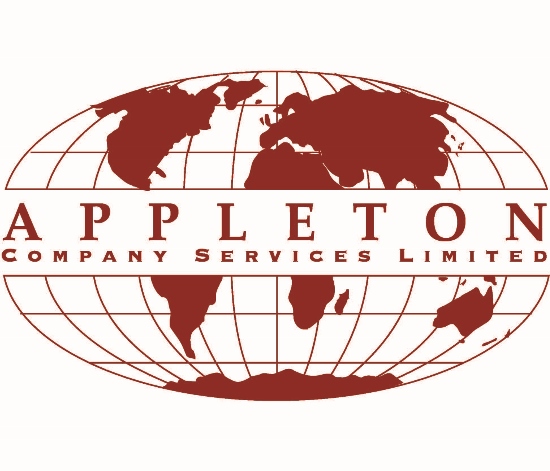Panama Overview
The Republic of Panama is the Southern most country of Central America. It connects North and South America. Costa Rica lies North West and Columbia lies South East. The land surface area of the country is 29,700 square miles. The country has a unique geographic location because it does not seem to be affected by natural disasters like hurricanes, earthquakes and typhoons. The Caribbean Sea and 490 miles of Atlantic coastline is situated to the North while 890 miles of the Pacific coastline lies to the South.
The Panama Canal, which is approximately 50 miles long, joins the Altantic and Pacific Oceans and is a key asset to the country. It is the most industrialised country in Central America and it has the third largest economy. It is also the most developed and largest consumer country in Central America.
- The corporate name of a Panama corporation may be stated in any language using Latin characters. All company names must end with one of the following suffixes: “Corporation”, “Incorporated” or “Sociedad Anonima” or the abbreviated “Corp”, “Inc.” or “S.A.” The name cannot have “Limited” or the abbreviated “Ltd” as a suffix.
- It takes approximately 3 days to incorporate a company with a requested name.
- The standard authorised share capital of a Panamanian corporation is USD10,000.
- The capital may be stated in any currency.
- The minimum number of shareholders permitted is one.
- Bearer shares are permitted.
- Details of the shareholders do not need to be disclosed to the Registry.
- It is required to maintain a share register however this does not need to be kept in Panama.
- Shareholders meetings can be held anywhere in the world.
- The minimum number of directors permitted is three. In addition a President, a Secretary and a Treasurer need to be appointed, however these positions can also be held by the directors as long as they are three separate individuals or Corporate Bodies.
- Directors can be individuals or corporate bodies of any nationality.
- Meetings of the Directors can be held anywhere in the world.
- Directors’ names and addresses are disclosed on the Public Registry.
- Annual accounts do not need to be prepared or audited however it is advisable to maintain the financial records of a corporation..
- No company seal is required.
- The name of the foundation can be in any language with characters of the latin alphabet, and which shall not be identical or similar to that of any other foundation previously existing in the Republic of Panama, to avoid confusion. The name shall include the word ” foundation” to distinguish it from a natural person or from a different kind of juridical person.
- Panama does not impose any reporting requirements or taxes for Panamanian foundations.
- Panama foundations do not require “paid-in” capital. The initial capital of the foundation, can be expressed in any currency of legal tender, and which shall in no case be less that an amount equivalent to $10,000.00.
- Every Panama foundation must have a council (same as directors of a corporation), whose names and addresses are registered in the public registry. The council members can be either individuals or entities of any nationality and resident of any country. If the council is made up of individual persons, then it requires 3 council members (President, Secretary and Treasurer). If the council is an entity, then only one council member is required.
- Annual general meetings of council members of the foundation are not compulsory or required. However, if meetings are held, they can take place anywhere in the world by proxy.
- Private foundations shall be governed by the Foundation Charter and its Regulations.
- The Foundation Charter has to be registered in a deed at the Public Registry of Panama.
- The Regulations is a private document and not need to be registered anywhere unless the client wishes otherwise.
- The Foundation Charter should include the domicile of the foundation and the name and domicile of the registered agent of the foundation in the Republic of Panama, who must be an attorney or law firm. The resident agent must countersign the foundation charter prior to its registration at the Public Registry.
- The Foundation Chater should include the initial capital of the foundation.
- The Foundation Charter should include the objects and purposes of the foundation. The foundation cannot be used for commercial purposes but it can hold shares in a company which itself is engaged in a commercial activity.
- The Foundation Charter should also include the manner of appointing the beneficiaries of the foundation, which may include the founder.
- The Foundation Charter should include the reservation of the right to modify the foundation charter when deemed inconvenient.
- The Foundation Charter should include the duration of the foundation and the destination to be given to the estate of the foundation and the manner of liquidating such estate in the event of dissolution.
- The Foundation Charter can also include any other lawful clauses which the founder may consider convenient.
- A Foundation seal is optional.
- The Reguations generally hold information about the beneficiaries of the foundation.
- The Protector and Beneficiaries need not be publicly registered. Panama Foundations Protectors can be appointed through a Private Protectorate Document, and the Beneficiaries can be appointed through a Private Letter of Wishes, written and signed by the Private Protector.
- The Registered Agent is not required to keep any records for the Foundation, however, it is recommended that every Foundation should maintain a minute (council meeting) record book, which can be held anywhere in the world.
- Foundations from other jurisdictions may be “re-domiciled” to Panama, and vice-versa.
We're Here To Help
Call Us
Tel: +44 (0) 20 8741 1224
Skype: appleton_info





